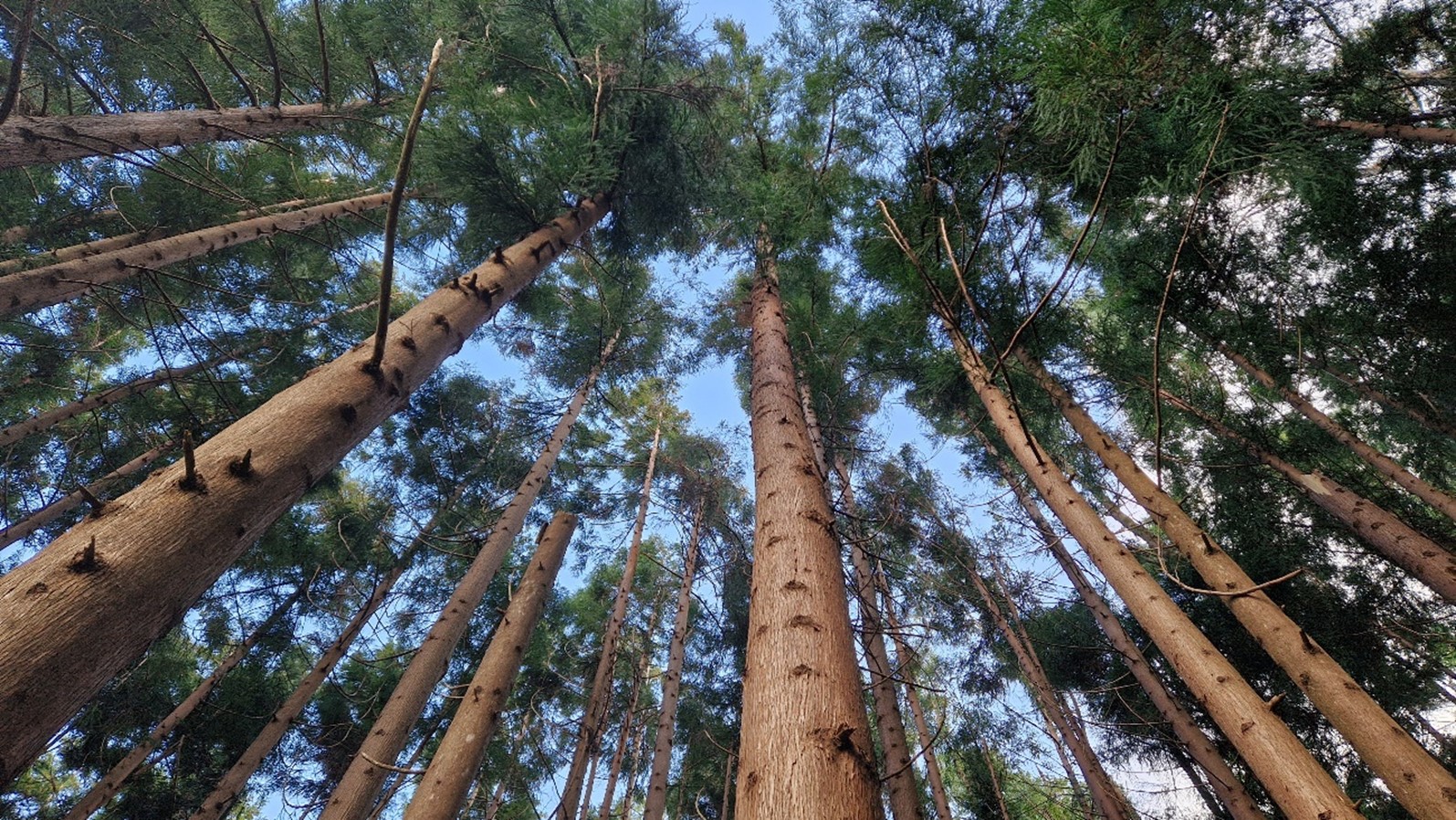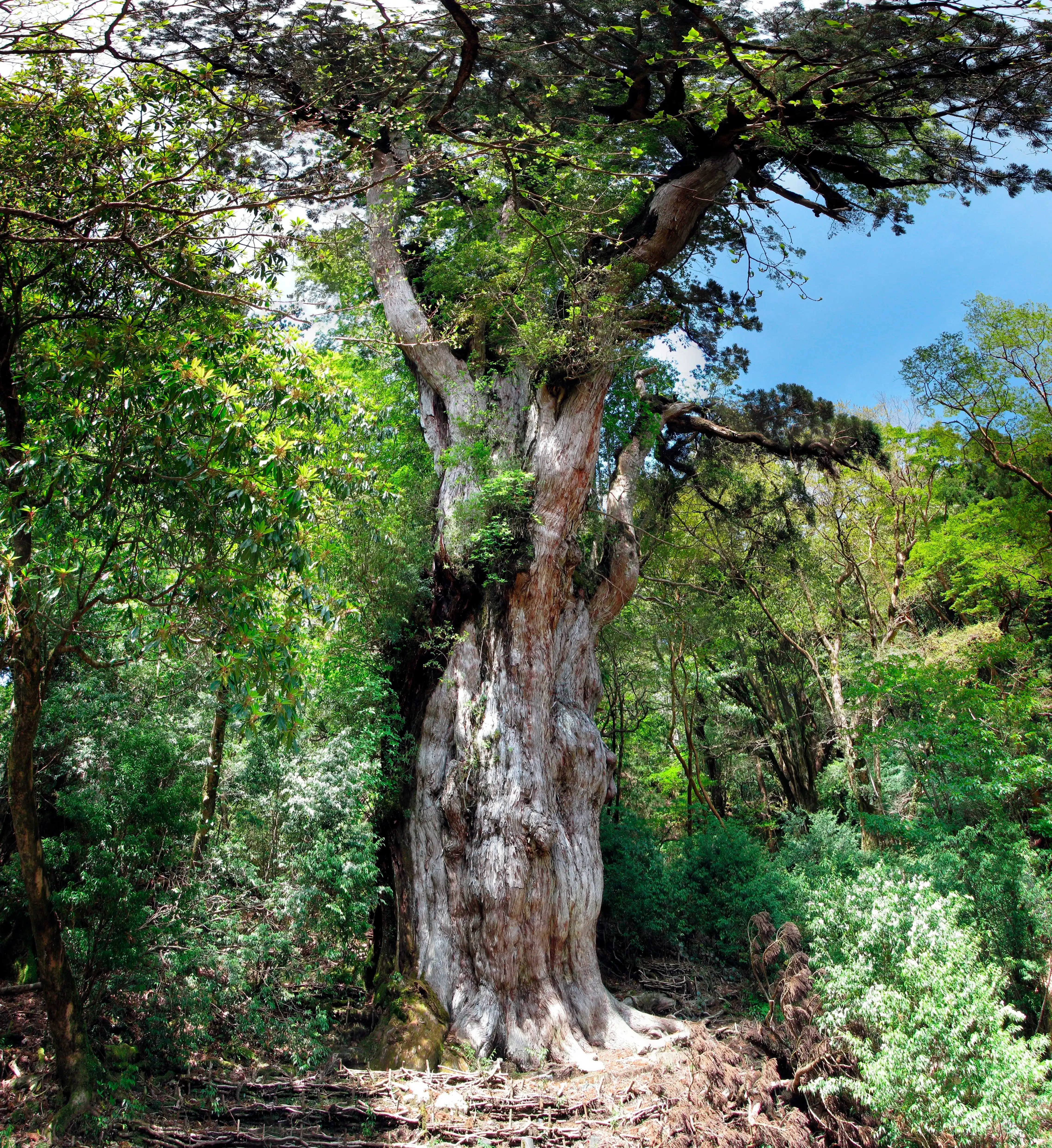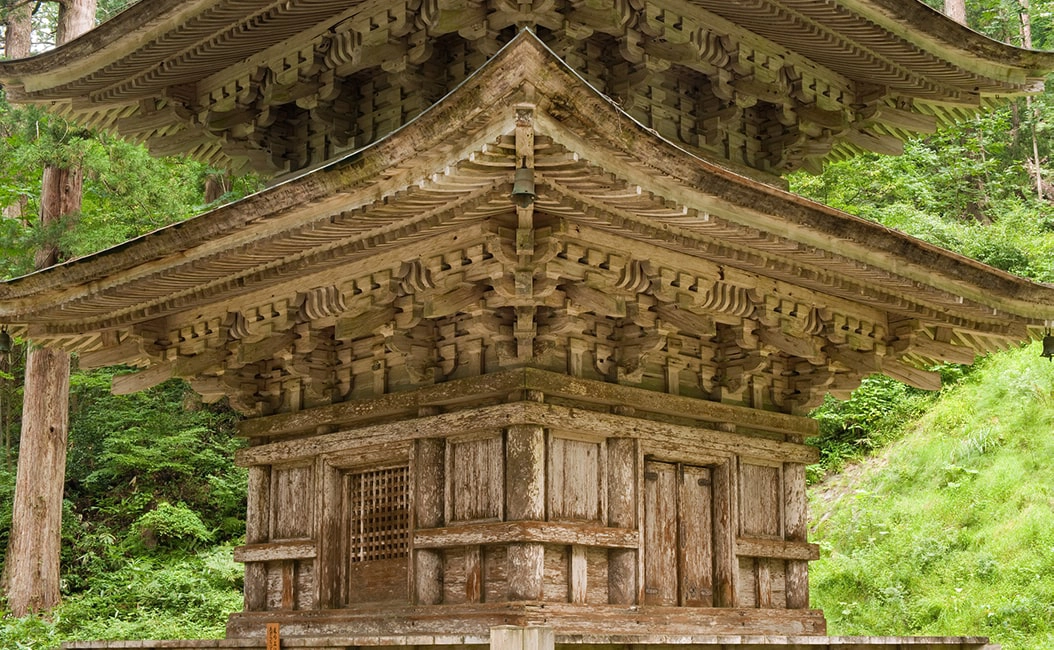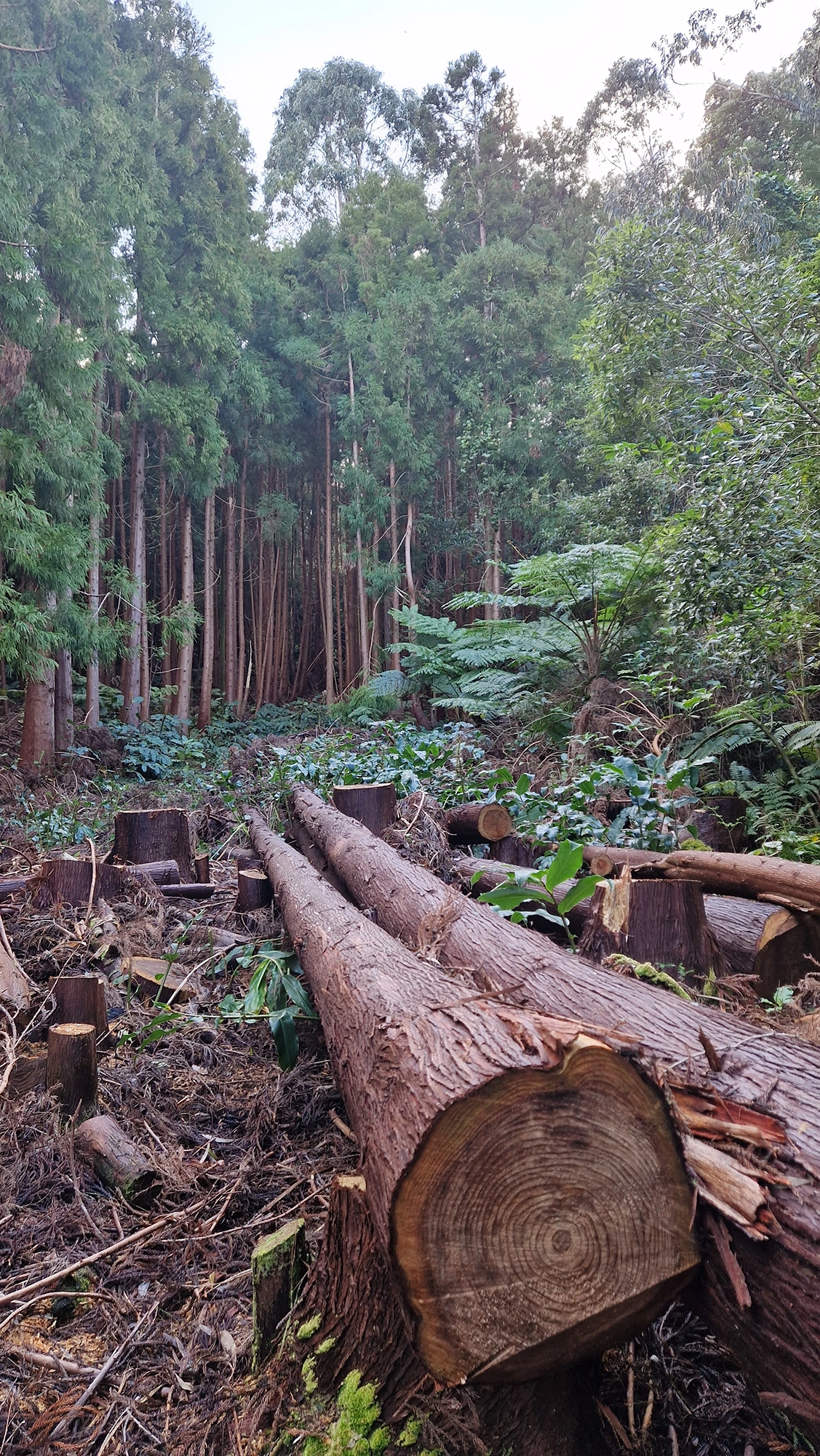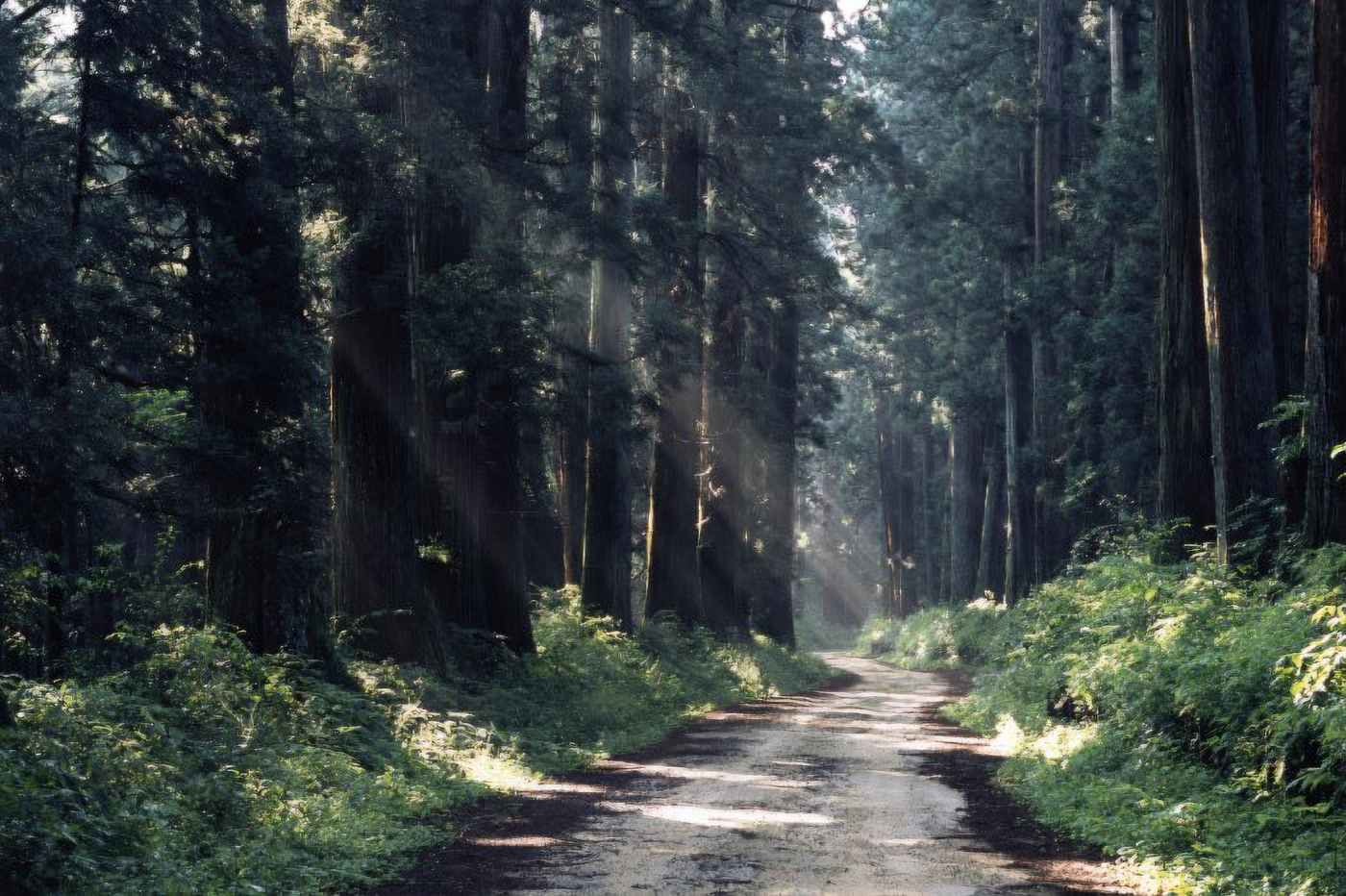The cryptomeria is one of the most emblematic trees in Japan, where it has been cultivated for centuries. Historical records indicate its use in the construction of temples, shrines and traditional dwellings, due to its strength and durability. Some of the oldest wooden buildings in the world, such as Buddhist temples, were built using this wood. In Japan, some cryptomerias are thousands of years old and are considered sacred, such as the famous Jomon Sugi, on the island of Yakushima, which is estimated to be between 2,000 and 7,000 years old.
It was introduced to the Azores in the 19th century, where it found ideal conditions for its growth, becoming the most important forest species in the archipelago. Its rapid growth rate and adaptation to volcanic and humid soils has made it essential for timber production and soil protection against erosion.
